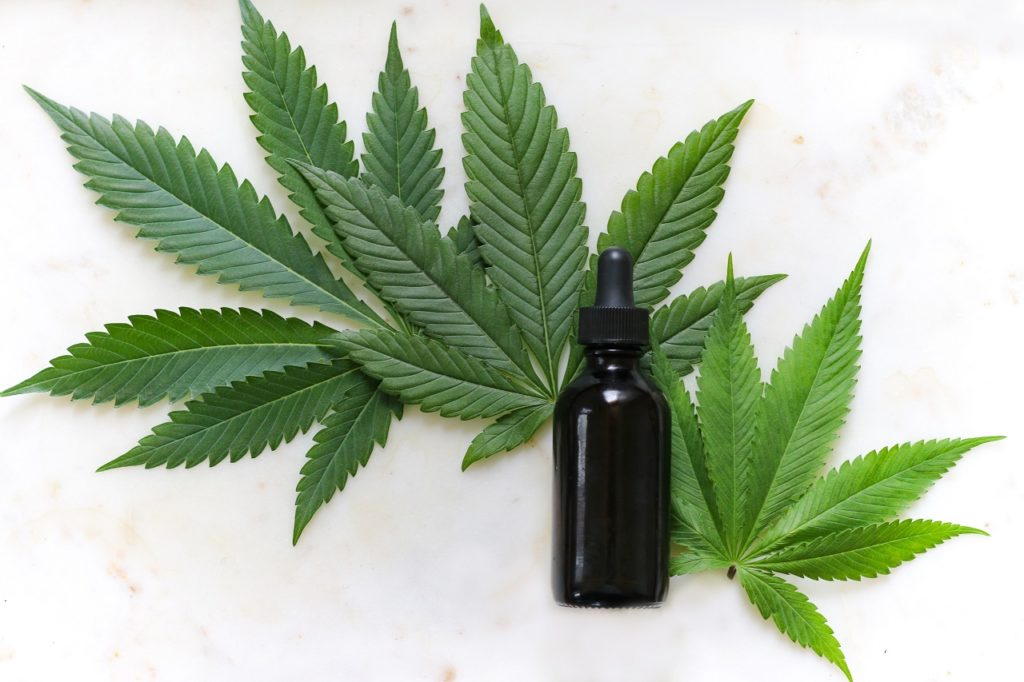The European Industrial Cannabis Association has achieved groundbreaking success in the discussion on the generally permissible trade and sale of products containing CBD. According to the EIHA, the German Federal Government and the Federal Ministry of Food and Agriculture have clearly endorsed the view of the EIHA: Foods containing parts of the cannabis plant are in principle no “novel” foods.
EIHA against BVL: CBD is not necessarily novel food


Within Germany and the European Union, there are still many open questions regarding the status of products containing the non- intoxicating cannabis active substance cannabidiol (CBD). The Federal Office for Consumer Protection and Food Safety (BVL) in Germany had tried to classify all CBD products under the Novel Food Regulation. The European Industrial Hemp Association (EIHA) has now successfully defended itself against this.
The latest CBD & Cannabis updates are now at your fingertips, with notifications and fresh information offered by our companion, the CBD News App. Stay up-to-date with marijuana stocks for investments, global market, cannabis legalization and more. CBD News is a mobile app that focuses exclusively on CBD. It brings you the very latest news in the CBD industry.
BVL brakes CBD industry with Novel Food classification
After the success of CBD-containing products as food supplements and in skincare, the young, burgeoning industry of health products made from cannabis was severely curbed in Germany when the BVL wanted to impose lengthy approval procedures on them by classifying them as a novel food.
Companies in other European countries also wanted to take legal action against the classification of cannabidiol, including legal action. Cannabis products are not new to the Europeans in the food sector, some of them have a long tradition. To call them novel food would, therefore, be absolutely wrong and unnecessary harassment for the industry.
EIHA contradicts the opinion of the BVL
On 20.03.2019, the BVL published its statement on food supplements with CBD, in which the products were declared as novel food subject to authorization or as medical products subject to authorization. The European Industrial Hemp Association contradicted this view. BVL’s general assessment was factually and legally incorrect and inaccurate.
Cannabidiol, as a non-psychological ingredient of commercial cannabis, has in fact been processed in food and consumed by humans for thousands of years. Accordingly, not all CBD products could simply be attributed to the Novel Food Regulation, as the BVL attempts to do.


Government shares EIHA view on cannabidiol and cannabis products
The President of the EIHA, Daniel Kruse, stressed that a distinction must be made here between extracts obtained by traditional extraction techniques, i.e. natural full-spectrum extracts, and products in which cannabidiol is processed as an isolate. For the products containing and enriched with isolates, however, the classification under the Novel Food Regulation would be correct and the term “novel” would be appropriate.
The German Federal Government and the Federal Ministry of Food and Agriculture (BMEL) share the view of the EIHA and made it clear: Foods containing parts of the cannabis plant are in principle not “novel” foods within the meaning of Regulation (EU) 2015/2283. However, this does not automatically apply to isolated CBD (cannabidiol) or extracts enriched with CBD.
BVL to revise its statements
Cannabis food produced with naturally obtained full-spectrum extracts is therefore not a novel food and does not require special approval. EIHA President Kruse calls this decision an important milestone for the hemp food industry.
The BVL should now revise its previous statements in the light of the statements of the government and the BMEL and correct the corresponding publications. The EIHA had also repeatedly requested the BVL for a meeting of experts. So far, however, the BVL had not agreed to do so.
__
(Featured image by Kimzy Nanney via Unsplash)
DISCLAIMER: This article was written by a third party contributor and does not reflect the opinion of Hemp.im, its management, staff or its associates. Please review our disclaimer for more information.
This article may include forward-looking statements. These forward-looking statements generally are identified by the words “believe,” “project,” “estimate,” “become,” “plan,” “will,” and similar expressions. These forward-looking statements involve known and unknown risks as well as uncertainties, including those discussed in the following cautionary statements and elsewhere in this article and on this site. Although the Company may believe that its expectations are based on reasonable assumptions, the actual results that the Company may achieve may differ materially from any forward-looking statements, which reflect the opinions of the management of the Company only as of the date hereof. Additionally, please make sure to read these important disclosures.
First published in HANF MAGAZIN, a third-party contributor translated and adapted the article from the original. In case of discrepancy, the original will prevail.
Although we made reasonable efforts to provide accurate translations, some parts may be incorrect. Hemp.im assumes no responsibility for errors, omissions or ambiguities in the translations provided on this website. Any person or entity relying on translated content does so at their own risk. Hemp.im is not responsible for losses caused by such reliance on the accuracy or reliability of translated information. If you wish to report an error or inaccuracy in the translation, we encourage you to contact us.



Comments are closed for this post.